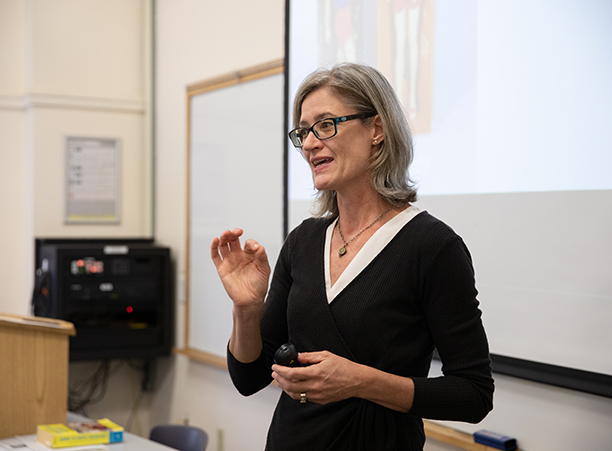
The pandemic has drastically changed global travel, leading to the largest decrease in global emissions in history. How can we return to travelling the world one day, but make more sustainable choices while doing so, in order to continue the benefits of decreased emissions?
Jennie Germann Molz, professor in the sociology and anthropology department at the College of the Holy Cross, recently tackled these important topics in an article for CNN Travel.
"Tourism scholars have been kind of ringing the alarm bell about the environmental and cultural impact of mass tourism for decades, but in recent years, it has just ratcheted up to the point of what we've been talking about in terms of overtourism," says Germann Molz.
How can we achieve a happy medium between having too few tourists and too many? Germann Molz recommends finding different ways to travel, such as youth and student exchange programs and elder hostels, instead of city hopping via weekend getaways. "Sustainability wise, those kinds of exchanges are low impact. The longer you can stay in a place ... the more meaningful the experience is for the tourist."
Germann Molz, whose areas of expertise include the intersections of tourism mobilities, mobile and social networking technologies and emerging forms of togetherness, has been teaching a number of courses at Holy Cross on social theory, travel and tourism and global citizenship.
To read the full article, go to CNN.com.
Holy Cross Sociology Professor Reimagines Tourism Post-COVID via CNN Travel
CNN Travel
Read Time
1 Minute

